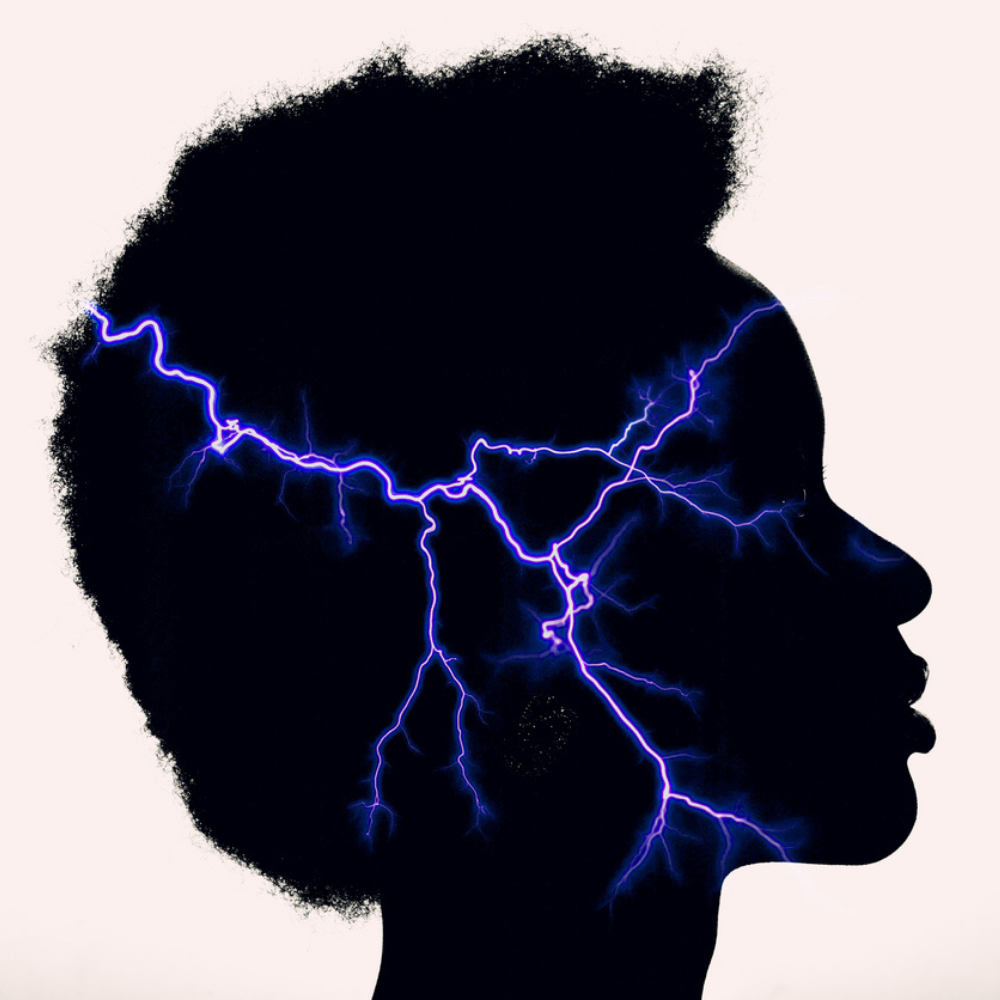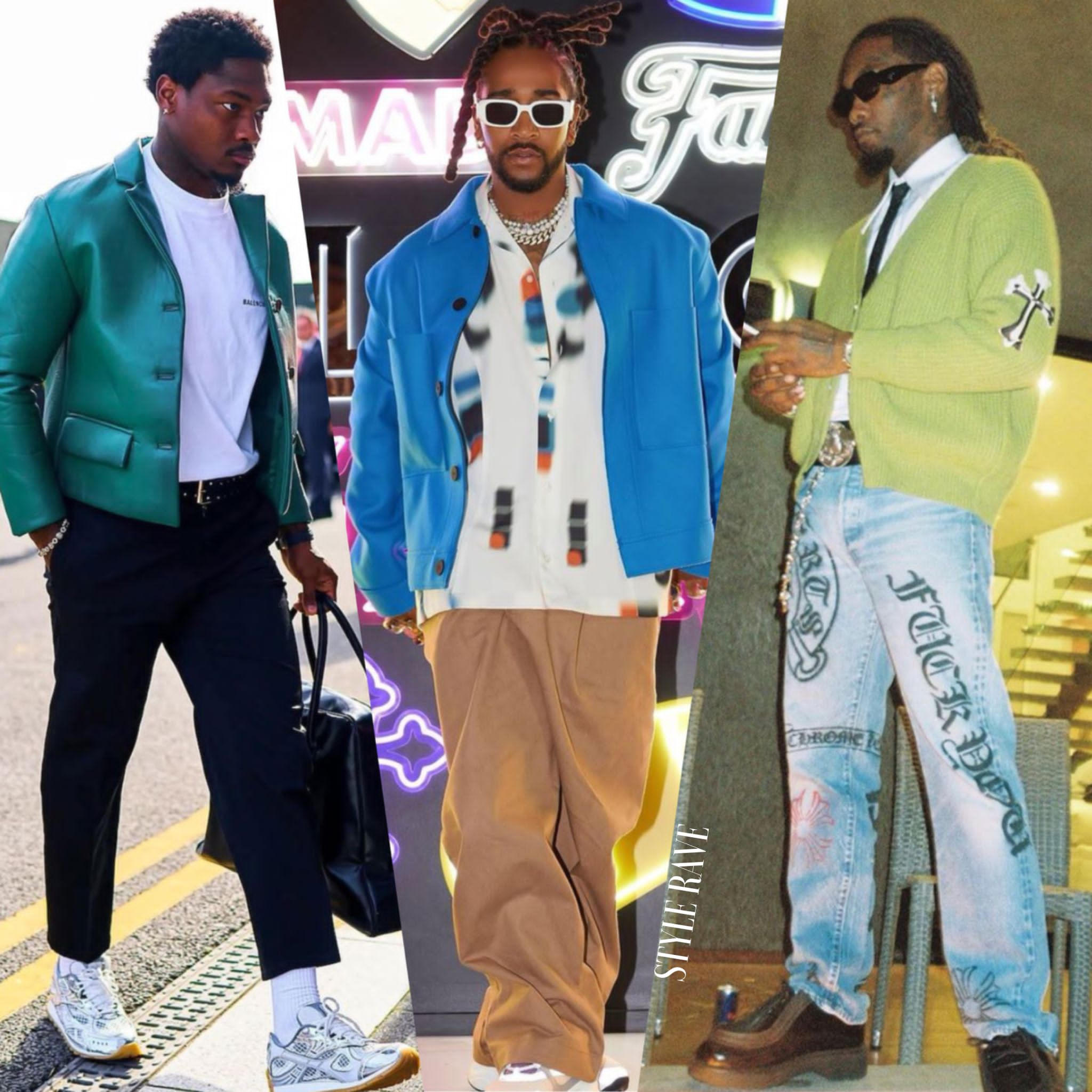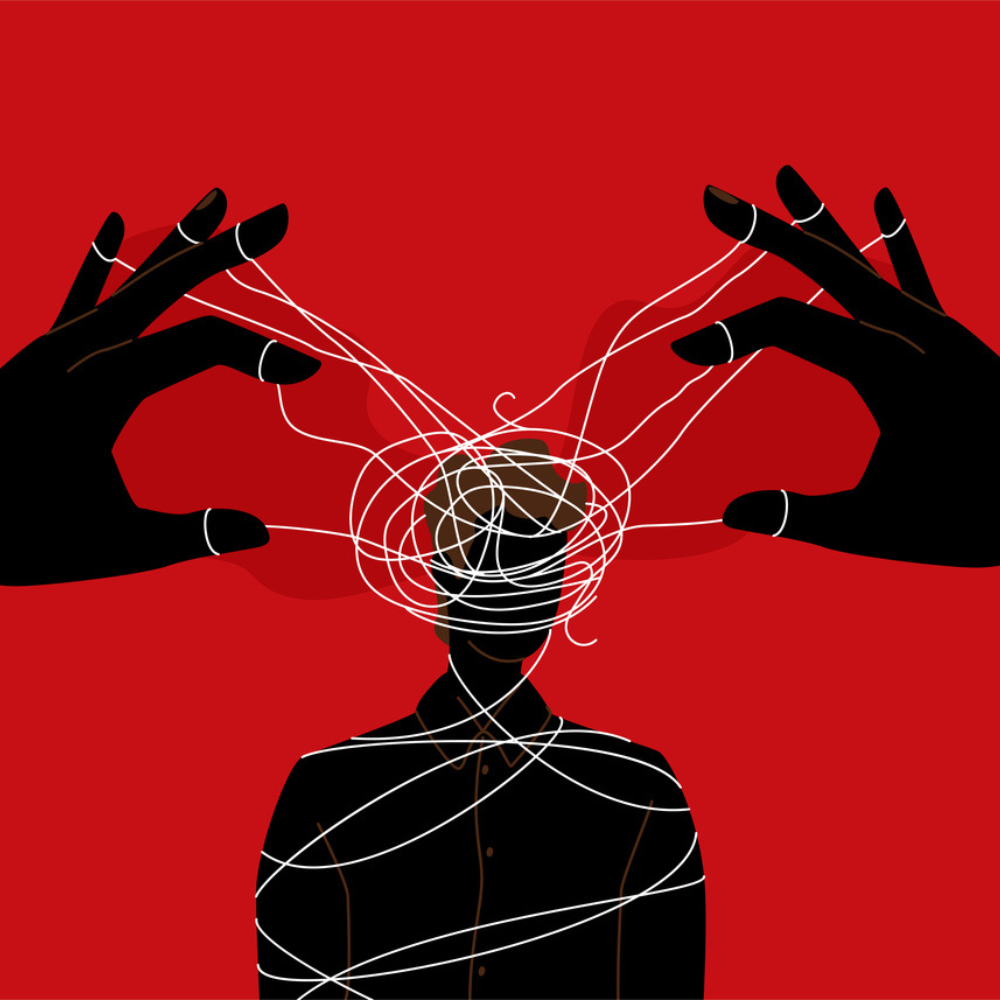Mental Mondays: What Does It Mean To Be Neurodivergent?

A creative writer with a voracious appetite for fashion, beauty,…
B
eing neurodivergent means that your brain works in a way that is different from what is typically considered “normal.” It’s like having a unique operating system for your mind. This can affect how you think, learn, process information, or interact with the world around you. At its core, neurodivergence challenges the idea of a “one-size-fits-all” brain. It honors the distinctiveness of our minds, just like our fingerprints. It also acknowledges that there isn’t a single, widely accepted “normal” method for the brain to work. Our brains can be wired differently just as our physical characteristics, such as height, eye color, and hair texture, can vary.
People who are neurodivergent may absorb information, emotions, and sensory input differently from how it’s thought to be usual. High sensitivity to sensory input, such as lights, noises, textures, or tastes, can also be a result of neurodivergence. In addition, what may be manageable for one person may be agonizing or overpowering for another. While some people may struggle more with communication or social situations, others may excel in these areas. It’s not a lack; rather, it’s a difference in how people function in social situations.
Is neurodivergence a disability?
No, it’s not a disability to be neurodivergent. Neurodivergence is just a term used to describe how people naturally differ in their thought processes and how their brains are wired. Yet, certain neurodivergent people could exhibit traits or conditions that are viewed as impairments in specific circumstances.
Autism, ADHD, dyslexia, and other neurodivergent conditions, for instance, could present difficulties that affect daily functioning, particularly in settings where these differences are not accepted or understood. Therefore, it’s important to recognize these complexities and make accommodations so one can navigate as their abilities don’t diminish because of their challenges.
Traits/conditions of neurodivergence
Neurodivergence comprises a wide range of conditions/traits, including:
- Autism Spectrum Disorder (ASD): Characterized by differences in social communication, repetitive behaviors, and a wide range of strengths and challenges.
- Attention Deficit Hyperactivity Disorder (ADHD): Associated with difficulties in sustaining attention, hyperactivity, and impulsivity.
- Dyslexia: A learning disability that affects reading, making it challenging to decode words and often resulting in difficulties with spelling and writing.
- Bipolar Disorder: A mood disorder characterized by episodes of mania (elevated mood, increased energy) and depression (low mood, loss of interest).
- Obsessive-Compulsive Disorder (OCD): Involves persistent, intrusive thoughts (obsessions) and repetitive behaviors or mental acts (compulsions) to alleviate distress.
- Sensory Processing Disorder (SPD): Sensory sensitivities or difficulties processing sensory information, which can lead to discomfort or overstimulation.
- Tourette Syndrome: Involuntary motor and vocal tics, which can vary in frequency and severity.
- Dyspraxia: Affects motor skills and coordination, often resulting in challenges with tasks like tying shoelaces or writing.
- Giftedness: While not a disorder, gifted individuals may have cognitive differences that can include heightened intellectual abilities and increased sensitivity.
- Social Anxiety Disorder: This is an intense fear of social situations due to anxiety and self-consciousness.
- Nonverbal Learning Disorder (NVLD): Challenges with nonverbal cues, spatial awareness, and social interactions.
- Schizophrenia: A complex mental disorder characterized by disorganized thinking, hallucinations, and delusions.
- Generalized Anxiety Disorder (GAD): Persistent and excessive worry and anxiety about various aspects of life.
- Post-Traumatic Stress Disorder (PTSD): Occurs after experiencing a traumatic event and can involve flashbacks, nightmares, and avoidance behaviors.
- Depersonalization-Derealization Disorder: Involves feeling detached from oneself or feeling that the world is unreal or distorted.
How do we support people who are neurodivergent?
- Increase awareness and understanding of neurodiversity among peers, coworkers, family, and the community. Educate yourself and others about the specific neurodivergent conditions or traits you encounter.
- Recognize that each person struggling with neurodivergence is unique. Understand their strengths and challenges, and work with them to provide tailored support since what works for each person might vary.
- Ensure clear and direct communication. Some people who are neurodivergent may prefer written instructions or visual aids to verbal explanations.
- Create a structured and predictable environment whenever possible. Consistent routines and clear expectations help them reduce their anxiety and stress.
- Be mindful of sensory sensitivities. Adjust lighting, noise levels, or seating arrangements to accommodate sensory needs.
- Be patient and flexible. Understand that tasks or processes may take longer for some neurodivergent people. Allow for breaks if needed.
- Offer reasonable accommodations in educational and workplace settings. These may include extended time for assignments or assessments, quiet spaces, or alternative communication methods.
- Encourage social inclusion and peer support. Help them build social connections and friendships.
- Advocate for their rights. Ensure they have access to appropriate healthcare, education, and employment opportunities.
- Recognize the importance of mental health. Offer access to counseling or therapy if needed, and promote self-care.
- Support initiatives and organizations led by neurodivergent people. They can provide valuable insights and guidance on how to create more inclusive environments.
- Focus on their strengths and talents. Encourage and celebrate their unique abilities.
- Challenge and combat stigma associated with neurodivergent conditions. Encourage a culture of acceptance and respect.
- Create inclusive employment practices that allow them to contribute their skills and talents to the workforce.
- Regularly seek feedback from these people and involve them in decisions that affect them. Collaborate to find solutions that work for everyone.
Featured image: primipil/iStock
For the latest in fashion, lifestyle, and culture, follow us on Instagram @StyleRave_
This is a Style Rave original content exclusively created for our readers. If reproduced, distributed, transmitted, cached, or otherwise used by any other publishing house or blogs, such use should provide a direct link to this source article. Use of and/or registration on any portion of this site constitutes acceptance of our Terms & Conditions and Privacy Policy.
—Read also
A creative writer with a voracious appetite for fashion, beauty, lifestyle and culture. As one who's passionate about the advancement of the woman, creating content that inspire smart style and living, and positive lifestyle changes is a calling I take seriously. At Style Rave, we aim to inspire our readers by providing engaging content to not just entertain but to inform and empower you as you ASPIRE to become more stylish, live smarter and be healthier. Follow us on Instagram @StyleRave_ ♥







